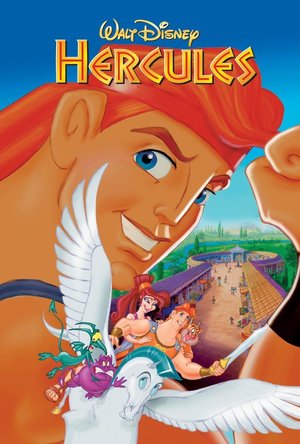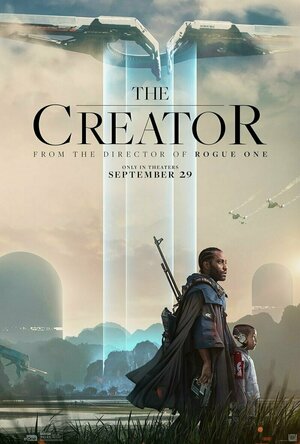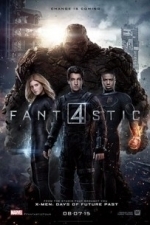Phillip McSween (751 KP) rated Hercules (1997) in Movies
Sep 5, 2020
Acting: 10
Beginning: 10
Characters: 10
Cinematography/Visuals: 10
Hercules is beautiful from a visual standpoint. I love the contrast of bright colors against dark backgrounds. My favorite scene is when Hercules is battling the hydra in the rain while flying on his pegasus. It’s so grand in scale as he soars in and out of the dozens of heads. Oh, and I haven’t even touched on the beauty of Hades. It’s gorgeous even in its weird creepiness. So much attention to detail that it’s hard not to appreciate.
Conflict: 9
Entertainment Value: 9
From the opening scene where the awesome divas are singing the setup, I knew I was going to be watching something original and new. With a combo of action-packed sequences and a number of hilarious moments from a great cast, I was invested in the movie from beginning to end. It’s a damn good ride.
Memorability: 8
Pace: 10
Hercules moves extremely efficiently through its story which I find some stories hard to do when singing is involved. There is very little lingering if any as scenes get their point across and you’re off to the next thing. I respect films that can do that as I know a number of movies that overstay their welcome.
Plot: 8
Resolution: 8
Overall: 92
Not only does it have action and comedy, but there is also a love story in true Disney fashion within Hercules. And it all works. I do wish that they would have jumped into Hercules’ hero aspect a smidge earlier, but overall I think the movie is fantastic. Great job yet again by Disney.
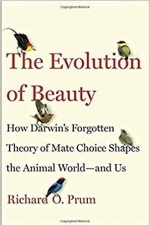
The Evolution of Beauty: How Darwin’s Forgotten Theory of Mate Choice Shapes the Animal World — and Us
Book
A major reimagining of how evolutionary forces work, revealing how mating preferences—what Darwin...
Science gender studies
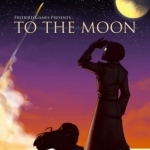
To The Moon
Video Game Watch
There exists a technology that allows doctors to weave artificial memories, such that a patient can...
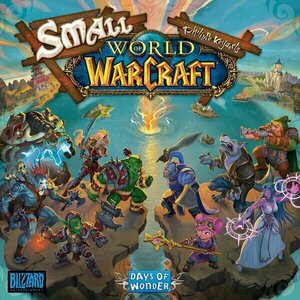
Small World Of Warcraft
Tabletop Game
In Small World of Warcraft, players vie for conquest and control of a world that is simply too small...
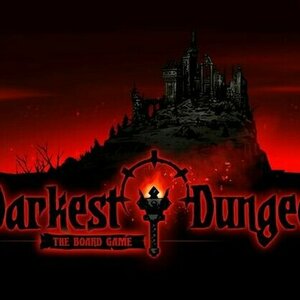
Darkest Dungeon: The Board Game
Tabletop Game
Ruin has come to our family.” In this adaptation of Red Hook’s acclaimed Darkest Dungeon...

The Last Bookaneer
Book
book′a-neer′ (bŏŏk′kȧ-nēr′), n. a literary pirate; an individual capable of doing all...
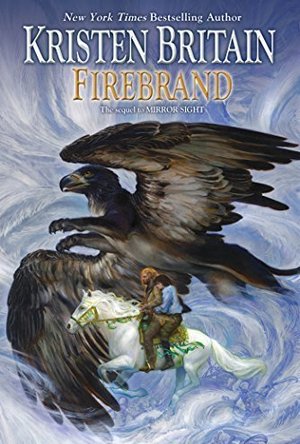
Firebrand: Green Rider #6
Book
Zachary Davriel Hillander, High King of Sacoridia, rues how much he has had to give up to lead his...

Strife: Legacy of the Eternals
Tabletop Game
Once more, conflict rages across the world of Aerim. You are one of the Eternals, a group of...
Gareth von Kallenbach (980 KP) rated The creator (2023) in Movies
Sep 28, 2023
Director Gareth Edwards presents a future where A.I. has evolved to be incorporated into all aspects of society ranging from medical to production and the military.
When a deadly attack hits Los Angeles, the United States declares war on A.I. units and not only bans them but looks to hunt down and eliminate all units worldwide.
This causes an issue with the Asian Block where A.I. units are manufactured and actively incorporated into society with zero prejudice or concerns.
Joshua (John David Washington), sits out the conflict in Asia content with his wife and the pending birth of their child. When a U.S. raid arrives it is revealed that Joshua is actually undercover for the military and his wife sees this as a betrayal and flees with her allies and A.I. units but is killed in the process.
Years later Joshua is recruited to take part in a raid to eliminate the person behind the A.I. and take out the new weapon they have reportedly constructed. Unwilling at first; Joshua is convinced by the possibility that his wife survived the attack.
During the raid, it is revealed that the weapon is a robotic child Joshua named Alphie (Madeline Yuna Voyles) and Joshua is forced to flee with Alphie and in doing so; has divided loyalties as his focus is to find his wife despite the U.S. forces in hot pursuit and destroying all the communities with A.I. they encounter.
While parts of the film do tend to run a bit long; the cast is top-rate and the film provides an interesting debate on A.I. and its use in society and does so with a solid amount of action in the process.
4 stars out of 5
Gareth von Kallenbach (980 KP) rated Fantastic Four (2015) in Movies
Jun 19, 2019
The previous two films did well enough but still had their detractors amongst the fans. So, Fox opted for a hiatus and then a radical reboot of the series complete with casting choices that were considered very questionable.
The new version features Miles Teller as Reed Richards, a young man obsessed with teleportation to the point that his teachers and other students laugh at him for his odd and obsessive ways.
His only friend is Ben Grimm (Jamie Bell), who despite a lack of scientific knowledge supports Reed in his efforts which eventually allow him to be recruited by Dr. Franklin Storm (Reg E. Cathey), who discloses that he is working on a large scale teleportation device and seeing how Reed pulled it off with a device he made in his garage, is eager to see what he can do at a fully-funded facility.
Reed meets Franklins adopted daughter Sue (Kate Mara), as well as his son Johnny (Michael B. Jordan), while they work with the mercurial Victor Von Doom (Toby Kebbell), to complete the device.
When the team finds success, they are horrified to learn that the government plans to take over control of the project so Ben, Victor, Johnny, and Reed opt to use it themselves to visit the other dimension in order to leave their mark in history.
Things at first go well but when a mysterious force envelops them, odd things start to happen when they return home. Reed is capable of stretching himself, Johnny is a living fire, Ben is covered in rocks, and Sue is phasing in and out.
Flashing forward the group is under the watch of the government and Reed has fled not wanting to be a part of whatever is going on. Ben is used for special operations and blames Reed for abandoning them as Sue and Johnny are prepped for the field.
Now one would think a setup like this has some potential at the very least for some action and great FX. Sadly the film lurches ahead fairly light on action. The threat to the film appears, and within 10 minutes has moved to a fairly underwhelming final conflict that is so obviously done in front of a Green Screen that it loses much of the intended impact.
The best I can say for the film is that it is a forgettable and flawed film that tries to launch a new franchise in a new way. But the casting choices in the film are so wrong, that it undermines it at every step. Setting aside the debate over an African American Johnny Storm, Miles Teller is so bland; he just does not scream leading man or driving force behind the team.
The same can be said for pretty much the entire cast. The backstories hint at various things but their actions conflict several aspects of the film which to be honest are fairly forgettable.
The entire movie is like watching a Jr. College Fan Film where the cast has a Green Screen and studio funding, but not a clue on how to carry out a story, modern action sequences of character development.
Fox needs to take a serious page from Sony and work with Marvel if they are going to continue this franchise, or return the rights to Marvel so fans can finally get a film that does justice to the source material.
I am glad that Director Josh Trank is no longer associated with the pending Star Wars film as this movie is a train wreck that spits all over the history and legacy of the source material.
http://sknr.net/2015/08/07/the-fantastic-four/
